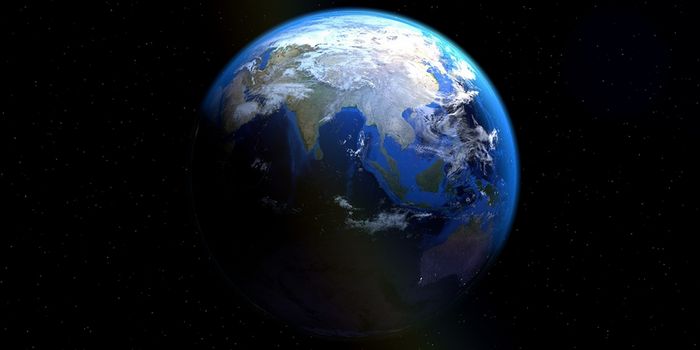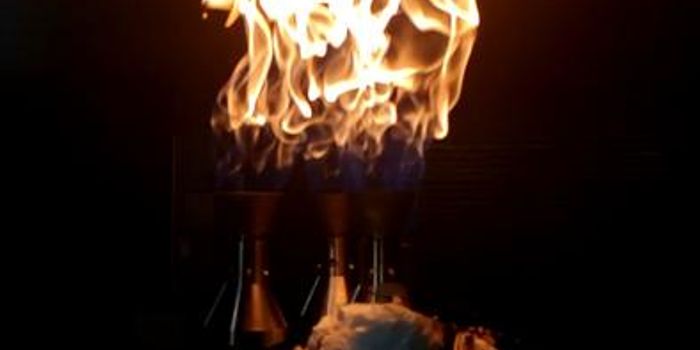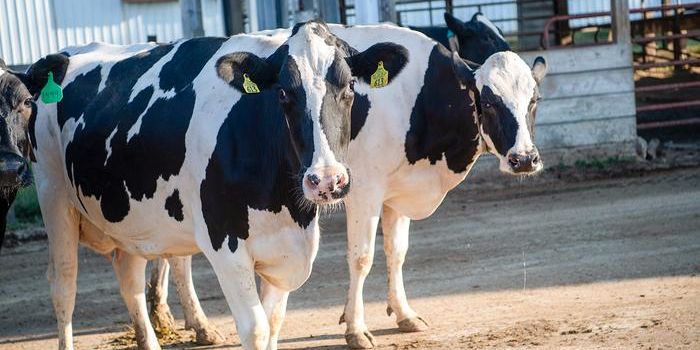On World Toilet Day, Meet the ECOLOO!
Today is World Toilet Day, which was established by the United Nations Water (UN-Water) to address the global sanitation crisis. The toilet is a wonderful invention that greatly improves our health and well-being, which many of us probably take for granted.
Early latrines that used flowing water to carry away waste date back 5,000 years. Ancient civilizations including the Romans and the Harappa and Mohenjo-Dara of the Indus Valley utilized primitive toilets. The first recorded modern flushable toilet design was conceived in England in 1596 by Sir John Harington and a model for a flush toilet was patented in England in 1775 by Alexander Cumming. Today, toilets have come a long way and vary greatly around the world – they have many shapes and styles for sitting or squatting, can include bidets for washing, and may be designed to save water or clean themselves.
Despite the advancements and diversity of toilets, about 4.5 billion people or 60 percent of the world’s population are still living without safe toilets. Reliable household toilets are one of the UN’s Sustainable Development Goals of 2015. The World Toilet Day site explains that sanitation is “central to eradicating extreme poverty.”
In honor of world toilet day, meet ECOLOO, a biological toilet system that uses zero energy, zero water for flushing and creates zero sewage or odor, according to its maker, green innovation company EcoLoo.
The ECOLOO is a stand-alone patented toilet that relies on bacterial culture to treat waste and create pathogen-free 
“ECOLOO does not require any septic tank or sewage pipes -- only a ventilation pipe and fan are needed,” says EcoLoo Co-Founder & CEO, Zuraina Dato' Seri Zaharin. She also explains that as well as saving water and energy, it benefits the environment by reducing the amount of pollution entering the rivers and sea.
Zaharin says EcoLoo aims to “achieve zero sewage or underground contamination in remote areas or villages that do not have access to water, proper sanitation and hygiene,” mentioning refugee camps as another potential usage site.
In the video below, Imad Agi, managing director of ECOLOO Malaysia (AKA the “Loo King”), presents the ECOLOO to Dennis McMahon of the GreenMan Tiny Home project in Malaysia, which builds compact, off-grid, zero-waste homes. Agi refers to the ECOLOO as a “piece of art,” explains its use and says it could serve a family of up to 10.
The ECOLOO brochure states it “comes in various shapes and designs to fit all purposes in all climate conditions, indoor or outdoor, anywhere!” Zaharin encourages municipalities and schools to pilot the ECOLOO in order to fully appreciate it, because, “Seeing is believing but trying is more convincing!”
In Oct. 2017, Ecoloo was awarded the “Best Public Sector Project” award for Environmental Management in the Islamic World by Saudi Arabia. It was also named a 2016 “Top 10 Global Innovator & Solution Provider on Global Challenges” by the UN.









